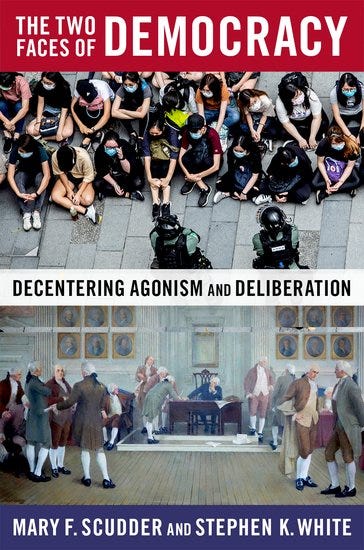American Samizdat: The Cognitive and Human Divide
It isn't partisan. It isn't equal.

How shall we understand the present moment in American history, which is, by the implications of American power and the political relations among nations, a moment in world history? Political scientists, historians, philosophers and thinkers of all kinds have been considering the question. None simply by professional pedigree brings any reliable wisdom to bear. Though expertise is preferable to amateurism, foolish experts of unsound judgment abound. The unsound judgement of amateurs, however, poses a different kind of problem because there are so many of them. We are all amateurs on a stroll along most avenues of our lives, which means the unsound judgement of amateurs aboundeth. Tenfold.
In Did Somebody Say Totalitarianism? the constitutionally contrarian Slavoj Žižek — a professional thinker but not thereby immune to foolishness— argues that totalitarianism, “f…
Keep reading with a 7-day free trial
Subscribe to Homo Vitruvius by A. Jay Adler to keep reading this post and get 7 days of free access to the full post archives.




